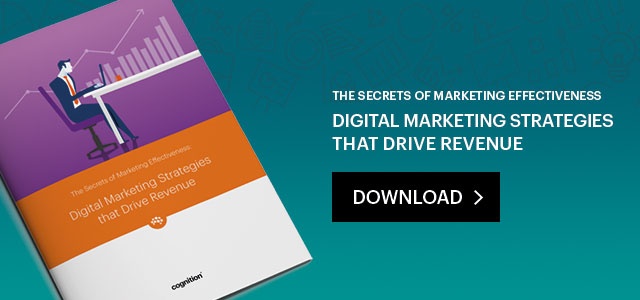Social proof is a psychological and social phenomenon wherein people imitate the actions and behaviour of others in a given situation.
It is the result of a hardwired psychological bias, where we look at the behaviour of those around us to inform what we should do. It is one of main ways in which we (mostly effectively) navigate uncertainty.
In the seminal book Influence: The Psychology of Persuasion, author, psychologist and marketeer Robert Cialdini labels social proof as one of the six key principles of – alongside reciprocity, consistency, authority, liking, and scarcity – interpersonal influence. In his description of social proof he says:
“Social proof is most powerful for those who feel unfamiliar or unsure in a specific situation and who, consequently, must look outside of themselves for evidence of how best to behave there.”
The world in which we live, ravaged by a pandemic and overrun with dopamine-inducing technology, is becoming more and more unfamiliar and uncertain. Consequently, our ability to create and showcase social proof is becoming increasingly important as we look to stand out from the crowd in a hyper-competitive and cut-throat marketplace.
Social proof in marketing
For marketers, social proof is the bread and butter of any effective marketing campaign. Look at the following scenarios and consider which one has more of an impact on you:
- You see an advert on TV for a new type of smartphone. The advert captures your attention but once it ends you forget all about it and carry on with your day.
- You see one of your best friends for a drink and they are using a new smartphone. They show you how it works, how cool it is and why you should get one.
If we’re honest, nine times out of ten scenario B is going to influence our behaviour far more than scenario A ever could. And it’s not because of the quality of the message – it’s because our friend is a trusted source of information. We want their approval.
Word of mouth is just one type of social proof that is extraordinarily powerful in changing how we think, feel and act. Social proof can also come in the form of testimony from industry experts, endorsements from celebrities that we admire, or even the amount of users something – an app, for example – has (a million people can’t be wrong, right?).
Impressive, to say the least. But there is also a dark side to social proof that we need to be wary of.
The long shadow of negative social proof
Negative social proof is when your target audience is influenced in the wrong direction. In the age of social media and giant e-commerce websites like Amazon, this could be something as simple as a handful of bad reviews or comments. While in general this ability to complain about inadequate products and services is a good thing, due to our aversion to loss – demonstrably stronger than our desire for the equivalent gain – it only takes a small of amount of negative press to cause a gigantic shift away from our business.
Negative social proof is sometimes framed in a positive way, where marketers try and reinforce behaviours they don’t want people to take. “Only a handful of people donate” and “3 in 5 people don’t do this and end up regretting it” are both examples of copy that attempt to elicit two of our most basic emotions, namely guilt and the fear of regret.
Whether you see negative social proof as something to avoid or a fantastic opportunity (which it can be, depending on your niche), it is a potentially dangerous tactic that should be approached carefully.
3 easy ways to leverage social proof for business growth
Now that we know what social proof is and have an idea of how it works, let’s look at a few strategies that can be implemented today and are proven to increase influence.
- Optimise your website layout for review submission
88% of consumers trust online reviews as much as personal recommendations. This makes it absolutely crucial that your website is set up to encourage reviews. Make it easy for customers to rate and comment on your products and services. Provide bold and colourful CTAs that will direct them to review sections. If you work in an industry that does now have on-site reviews, make sure your profiles on directory sites such as Yelp and Google Reviews are optimised for high scores.
- Create engaging case studies to showcase your success
According to HubSpot's State of Marketing Report 2020, 13% of marketers name case studies as one of the primary forms of media used within their content strategy. There is a good reason for this. A well delivered case study is not only great marketing collateral but also a huge vote of confidence from a member of your target audience. When you have a lot of case studies with great results, you are not only saying you can get the job done, but that you do it well enough for your clients to take time out of their day to sing your praises. Other similar organisations will take note.
So simple but so true: the brands that are winning these days are the ones who can produce engaging, shareable content at scale. They also stay on-brand with their content tone and design, building large and dedicated fan bases that are emotionally invested in what the product or service stands for. Not all industries have the ability to go viral, but what buyers in these markets do have is the need for top-notch valuable content that will help them solve their problems. And if you can help them solve their problems, you will get all of the social proof you need.
Interested in exploring more of your psychological biases? Get in touch with the team today and we can show you where your cognitive blind spots are, how they are limiting your business growth, and how to mitigate their effect so you can think more strategically.
You might also be interested in one of our latest guides, "The Secrets of Marketing Effectiveness: Digital Marketing Strategies that Drive Revenue".





